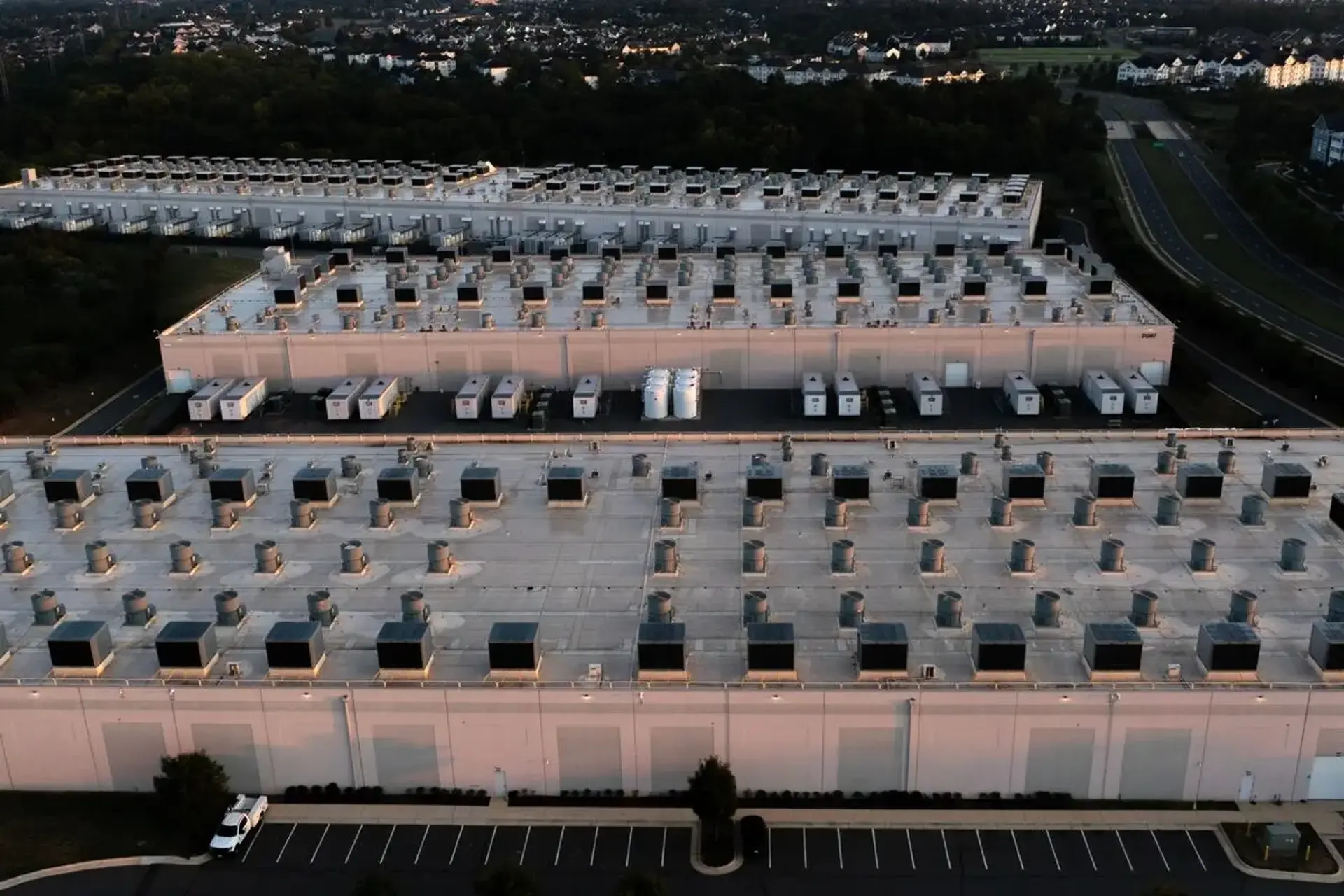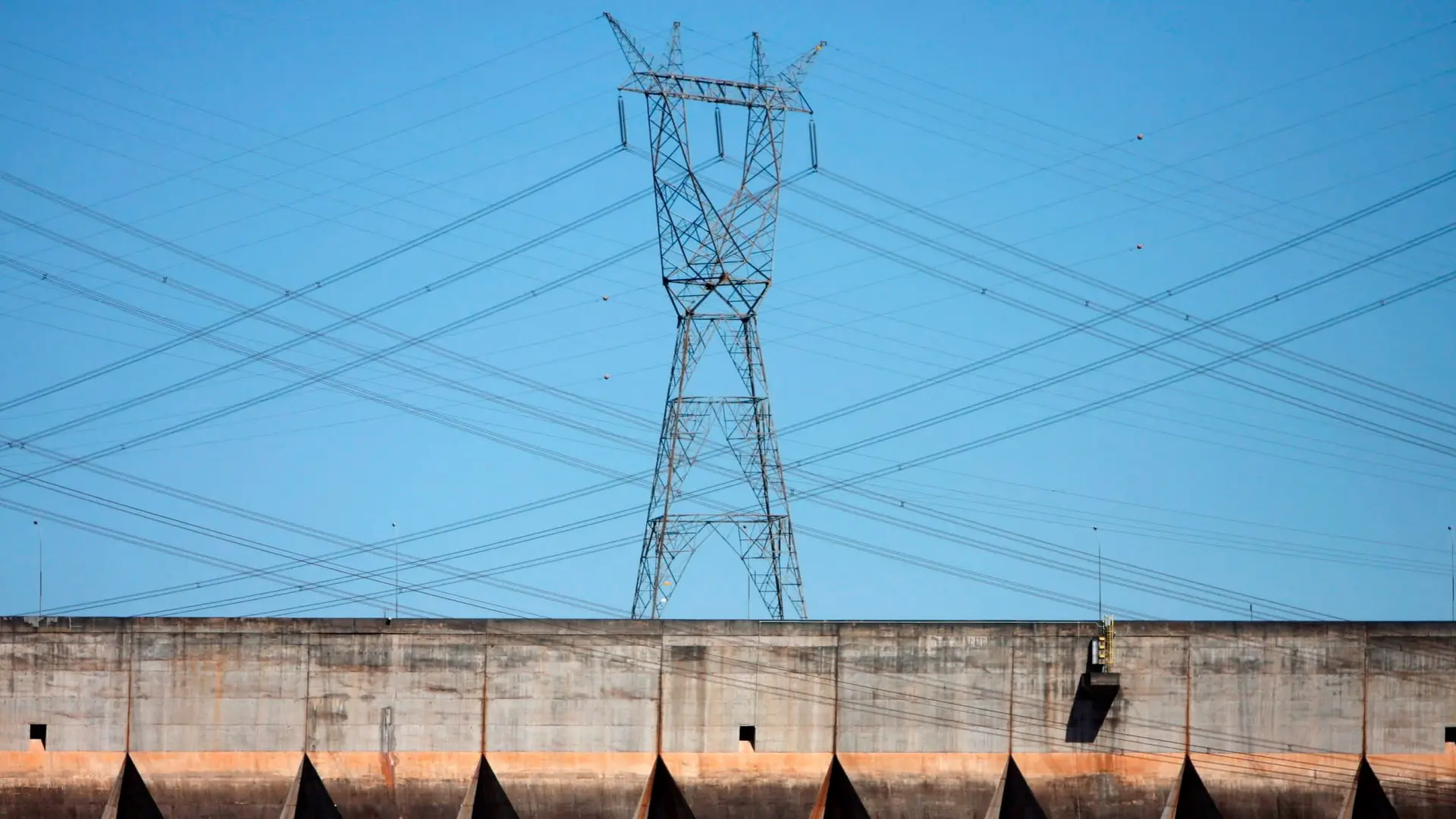The UN Secretary-General has called for AI to be powered entirely by renewable energy sources by 2030, highlighting the unsustainable energy demands of data centres. AI's rapid expansion is outpacing the deployment of clean energy, raising concerns about increased reliance on fossil fuels and potential climate problems. The International Energy Agency (IEA) projects a significant surge in electricity demand from data centres, potentially equalling Japan's total consumption by 2035.
To mitigate these environmental impacts, strategies include locating data centres in regions with abundant renewable energy, shifting AI tasks to maximise renewable energy availability, and improving algorithmic efficiency. Tech companies are exploring solutions like small modular nuclear reactors and geothermal energy, alongside optimising machine placement and hardware reuse. Investment in AI capacity-building for developing nations and global collaboration are crucial to ensure AI benefits all of humanity without exacerbating inequalities.
Major players like Google, Microsoft, and Amazon are committing to renewable energy and exploring innovative approaches such as co-locating data centres with clean energy plants. Some regions are incentivising data centres to procure power from renewable sources. The transition to sustainable AI infrastructure is essential to balance technological advancement with environmental responsibility, ensuring a cleaner, more accessible, and economically sound future.




